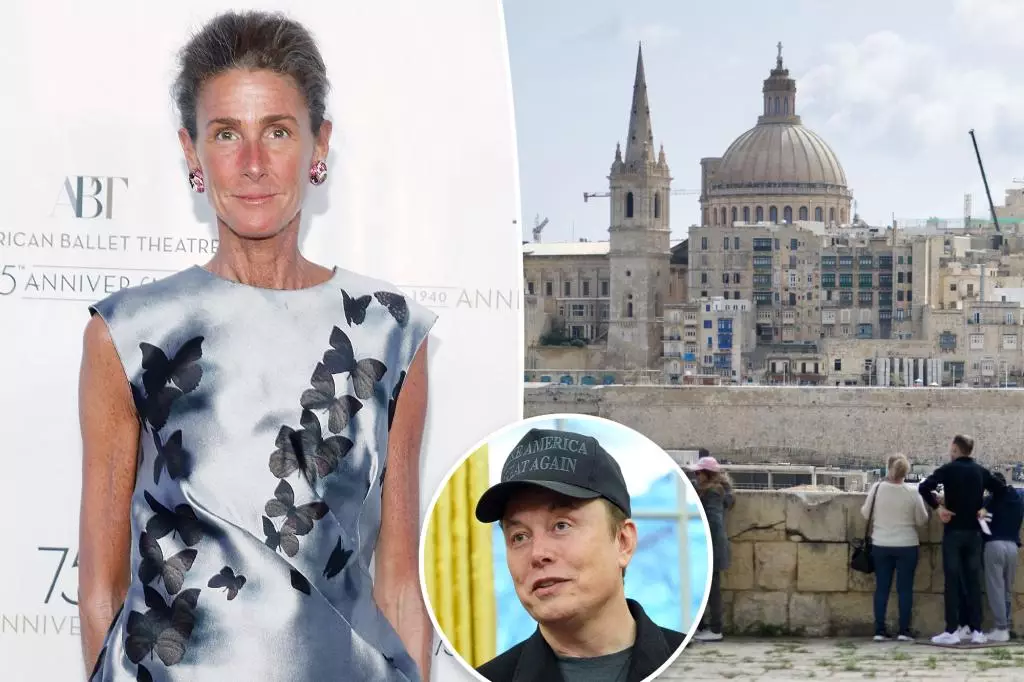In an era marked by swift political changes, the prestige of ambassadorship is tinged with uncertainty, especially for those selected by President Trump. As whispers of potential embassy closures circulate, many newly appointed ambassadors face the prospect of stepping into positions that may not exist for long. The murky waters of diplomacy can turn unexpectedly turbulent, leaving high-profile appointees vulnerable and questioning their futures.
The High Society Appointees Amid Political Turbulence
Take Somers Farkas, for example. This socialite and philanthropist, set to be the ambassador to Malta, finds herself in a precarious situation. Farkas, who is well-entrenched in elite social circles and is married to the heir of a department store empire, embodies a new breed of ambassador—one who blends social significance with political ambition. While she has garnered praise for her accomplishments, including her role in shaping Trump’s administration via his White House Fellows committee, the uncertainty surrounding her posting highlights a fundamental problem within this diplomatic framework. With potential closures looming over embassies, Farkas’s aspirations might demonstrate the juxtaposition of affluence against the backdrop of a fickle foreign policy landscape.
Training for Ambassadors: A Preparedness Under Question
Despite the clouds gathering over her appointment, sources indicate that Farkas has undertaken ambassador training, implying that she is ready to step into her role, assuming it materializes. However, there is an inherent irony in preparing for an assignment that could be as fleeting as a fleeting summer storm. Indeed, the care and time associated with closing an embassy far surpass the swift decisions seen in corporate settings, as multiple diplomatic protocols must be adhered to. A seasoned insider noted that the complexity of closing an embassy cannot be trivialized, drawing a clear distinction between diplomatic maneuvers and everyday corporate closures.
The Broader Context of Potential Closures
Farkas is not alone; other embassies, including those in Luxembourg, the Central African Republic, and several others, are also on the chopping block. The names associated with these ambassadorial roles, such as Stacey Feinberg—known for her Broadway connections—or the high-profile Kimberly Guilfoyle and Herschel Walker, shift the focus from traditional qualifications to celebrity status, raising questions about the implications of such appointments. Are positions being filled based on connections rather than capability, and what does that mean for the integrity of U.S. foreign relations?
State Department’s Message: Uncertainty Reigns Supreme
Amid the swirling speculation, senior officials from the State Department have attempted to quell fears, asserting that any chatter regarding closures should be taken with caution. No concrete plans have been formalized, and what may seem like a forward motion could merely be conjecture. The ambassadorships of figures like Farkas and Feinberg present an intersection of glamour and policy-making that, though exciting, could ultimately prove to be fragile in an increasingly unpredictable political climate.
In this shifting landscape, the impact of these appointments and potential closures stands as a testament to the challenging balancing act of diplomacy amid changing administrations where nothing is ever guaranteed.

